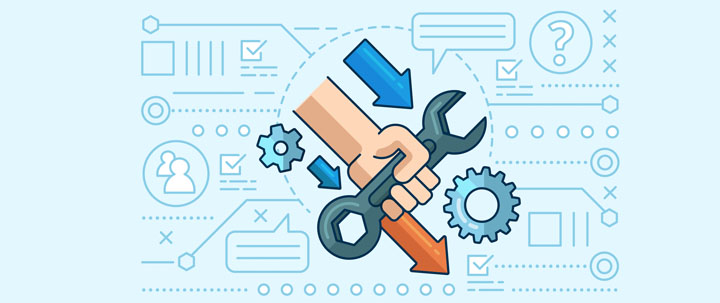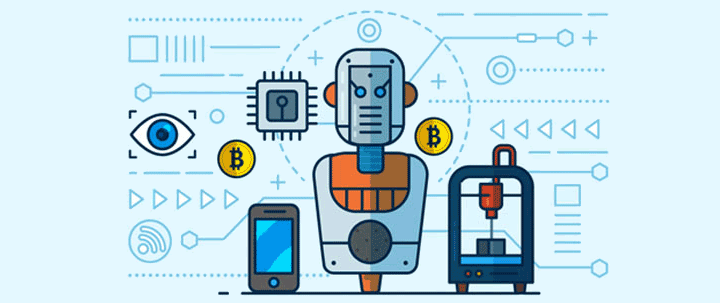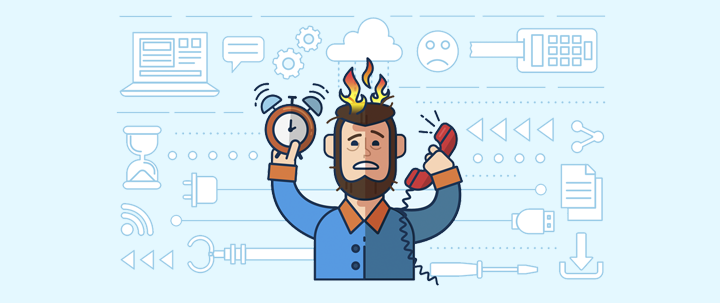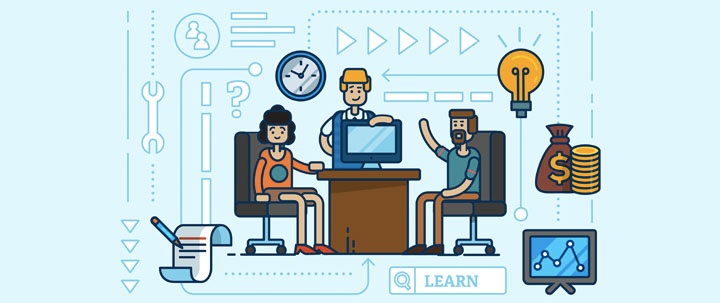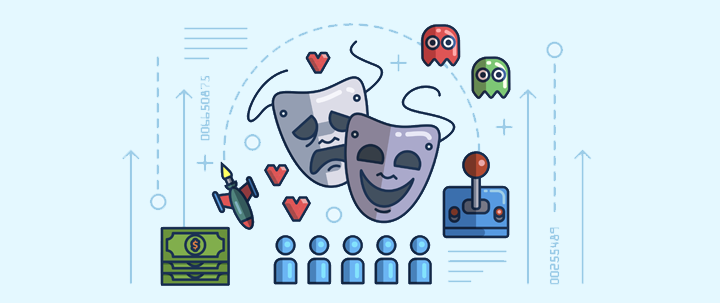By Jessy Smulski (Tech Writer)
What's the key to your business's continuity during the new normal?
Consumer spending is down; the national debt is up, the unemployment rate teeters around 10.2%, and yet some companies seem impervious to economic upheaval. How are they thriving while others are merely surviving?
In some cases, fluke customer demands just happened to work in their favor—for example, makers of the coveted Charmin toilet paper. In other cases, demand hasn’t changed (everyone still needs groceries). And then there are those making an utterly surprising comeback like Ford Motors, even after personal travel has dropped by nearly 50%.
Touché, Universe. Touché.
In truth, luck has nothing to do with the success of some companies over others during a time of crisis (unless you’re in the third party insurance biz).
Industry competitors often have similar technologies, offerings, and talent at their disposal. But what they don’t have is the same frame of mind, and that might just be the key to business continuity during the new normal and beyond.
Check out the three surprising ways in which the most forward-thinking entrepreneurial minds have reframed their line of thinking in order to future proof their business.
Mental health is a cultural necessity, not just an employee benefits “perk”
Nearly 25% of U.S. adults have a mental health diagnosis, making the U.S. No.1 in the prevalence of mental health issues among ten other high-income countries. Anxiety, depression, substance abuse, domestic violence, and other mental health issues are exacerbated by fear, particularly when related to financial security, personal safety, and the safety of loved ones.
The general public: “Hey, things can’t get any worse, right?”
The year 2020: “Hold my beer.”
The old frame of mind:
Mental health is a business issue. Mental health benefits are a business solution. For every $1 invested in treatment for common mental disorders, there is an ROI of $4 in improved employee health and productivity.
The new frame of mind:
Mental health is a cultural issue. Just because we offer benefits, doesn’t mean employees will feel comfortable using them. A recent study showed that only 6.9% of employees leverage benefits for mental health. Greater financial investment (while important) will not fix employee happiness and productivity.
Smart entrepreneurs and IT managers understand that creating a culture of wellbeing among their team is crucial.
A team culture that encourages employees to prioritize their mental health and educates them on how to be well informed healthcare consumers, will go a long way towards growing employee happiness and productivity.
There’s no such thing as a “new normal” because “normal” doesn’t exist
IT companies large and small are, in essence, creatures of habit. Those with the strongest connection to traditional business values evolve incrementally, at best. They prioritize change just enough to face competitors, but never enough to truly stand out. This ensures their survival but doesn’t really enable them to thrive, particularly in volatile economic climates.
The old frame of mind:
To thrive in the IT business, we must accept change and adapt to the “new normal”. 
The new frame of mind:
To thrive in the IT business, we must not anticipate a new state of normalcy, but rather grow comfortable with abnormalcy. In the tough world of IT business, the nimble get rewarded.
Change is constant in the IT business, which means a “typical” or “average” state of normalcy doesn’t exist —and never really has. While others are busy modifying operations to address how change will affect them, forward-thinking organizations closely monitor how change will affect their customers.
The adaptations these forward thinking IT managers and entrepreneurs pursue are based on new opportunities that they see while nobody else is looking.
What Should Forward Looking IT Companies Prioritize?
Forward-thinking IT companies should equally prioritize the potential of their technology stack and the potential of their employees because they know, come hell or high water, that a team empowered with the skills to think and innovate their way through problems will win every time, vs a team that is over-dependent on set procedures or digital tools that may not fit the challenge at hand.
Skills training, career development, soft-skill workshops, continuing education, cross-discipline training, and other opportunities help enhance your employee's experience as well as provide agility and adaptability to your IT helpdesk team.
Old frames of mind still have value in today’s tough economic climate, but the rapidity of change we’ve seen in 2020 begs the question - are we looking at the future through too narrow a lens?
At SherpaDesk, challenging what we think we know plays a crucial role in how we develop new solutions for our IT and MSP users and informs our software innovations in the truest sense of the word.
Case in point, we spent years turning our powerful PSA software into something that’s nimble and easy to use so we can serve as an alternative to slow and bloated traditional PSA systems like Connectwise or Autotask.
To learn more about our professional services automation solution for small businesses, designed to help your business thrive in the face of challenges, visit us at SherpaDesk.com.

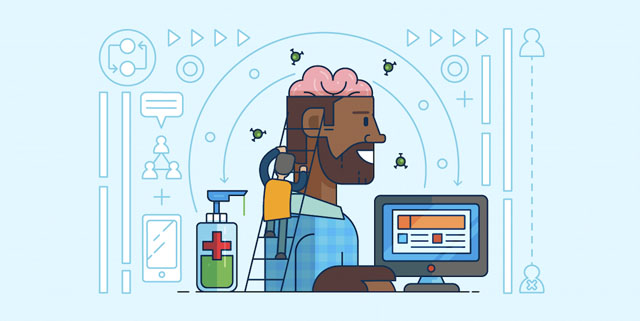

%201.png?width=559&height=559&name=close-up-women-working-with-devices%20(1)%201.png)

